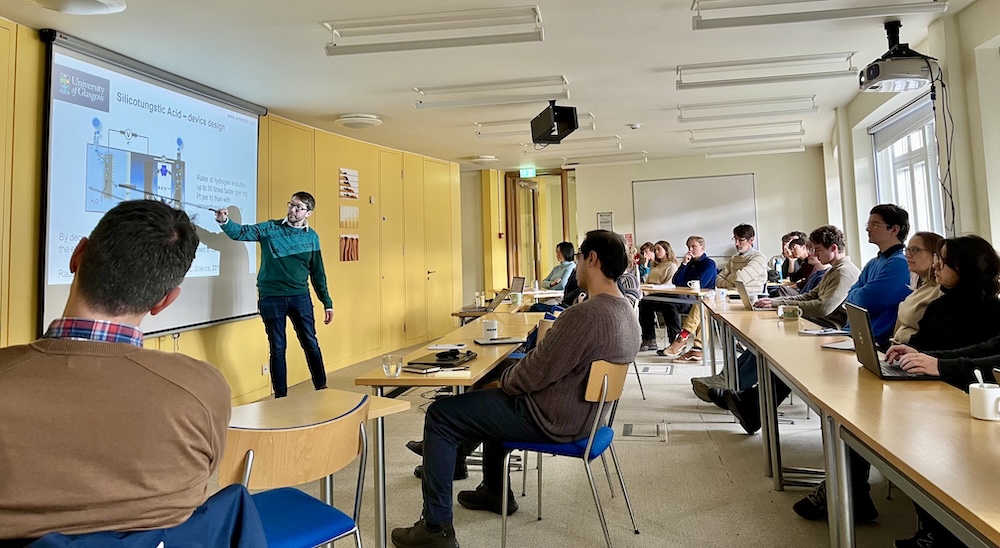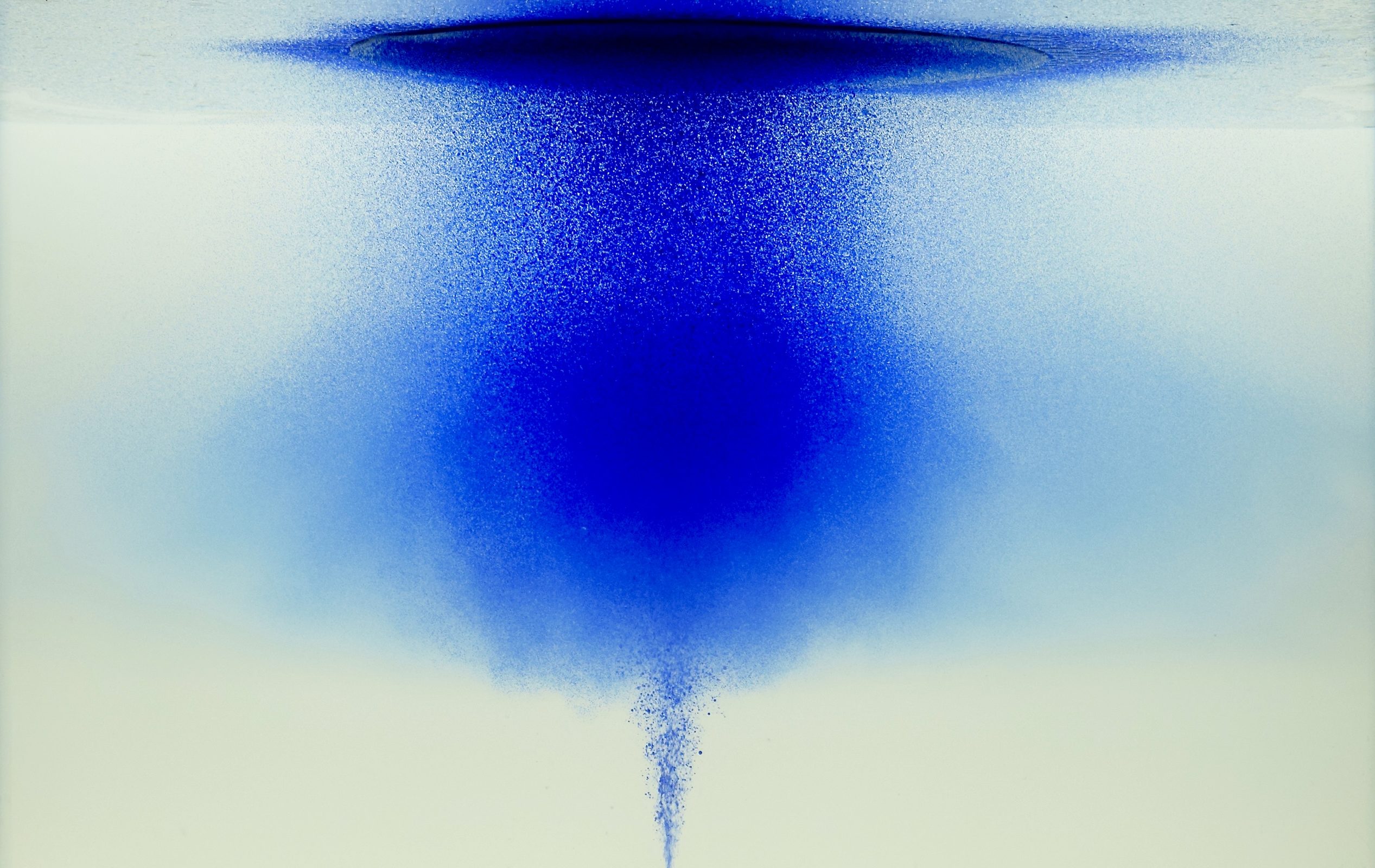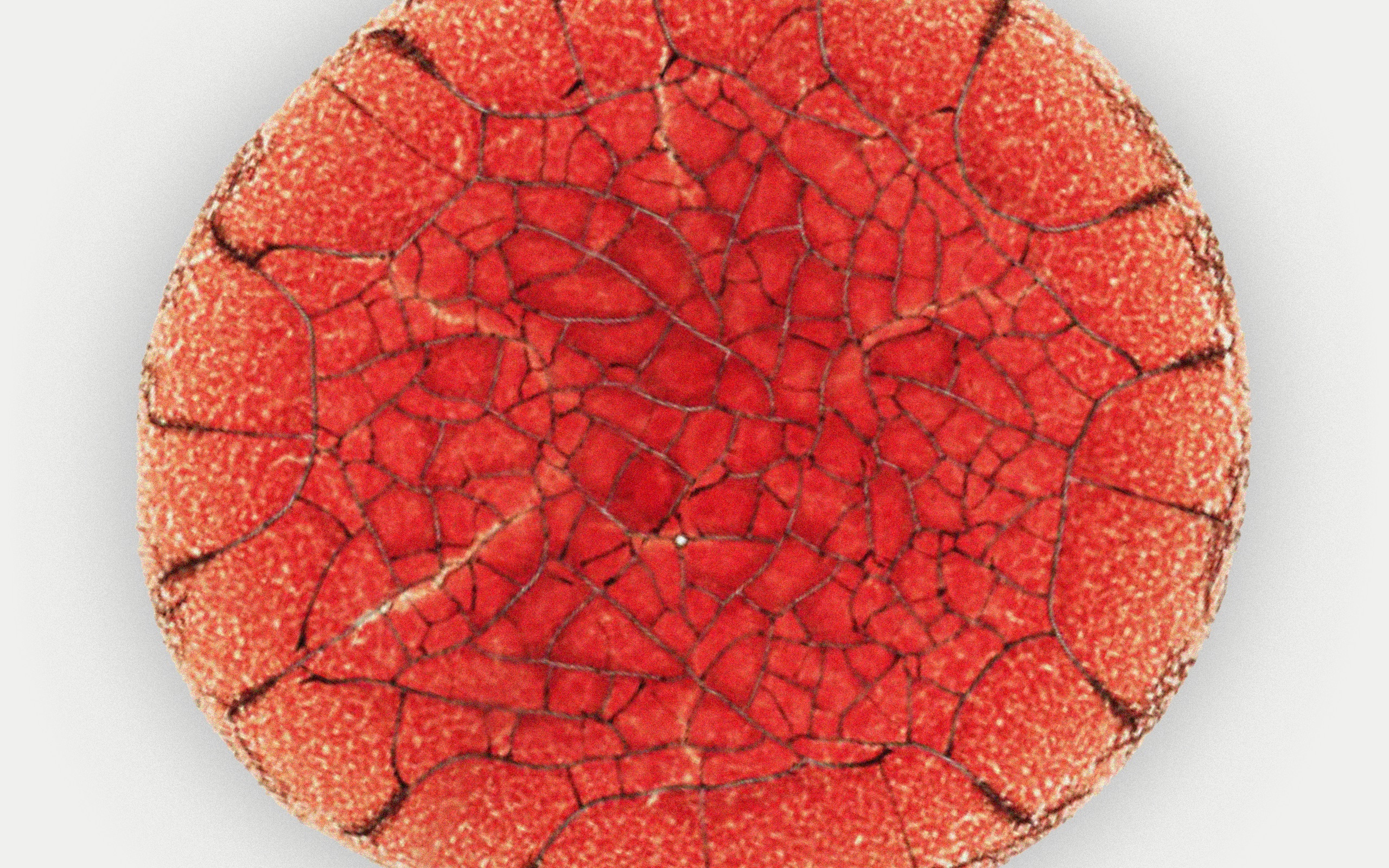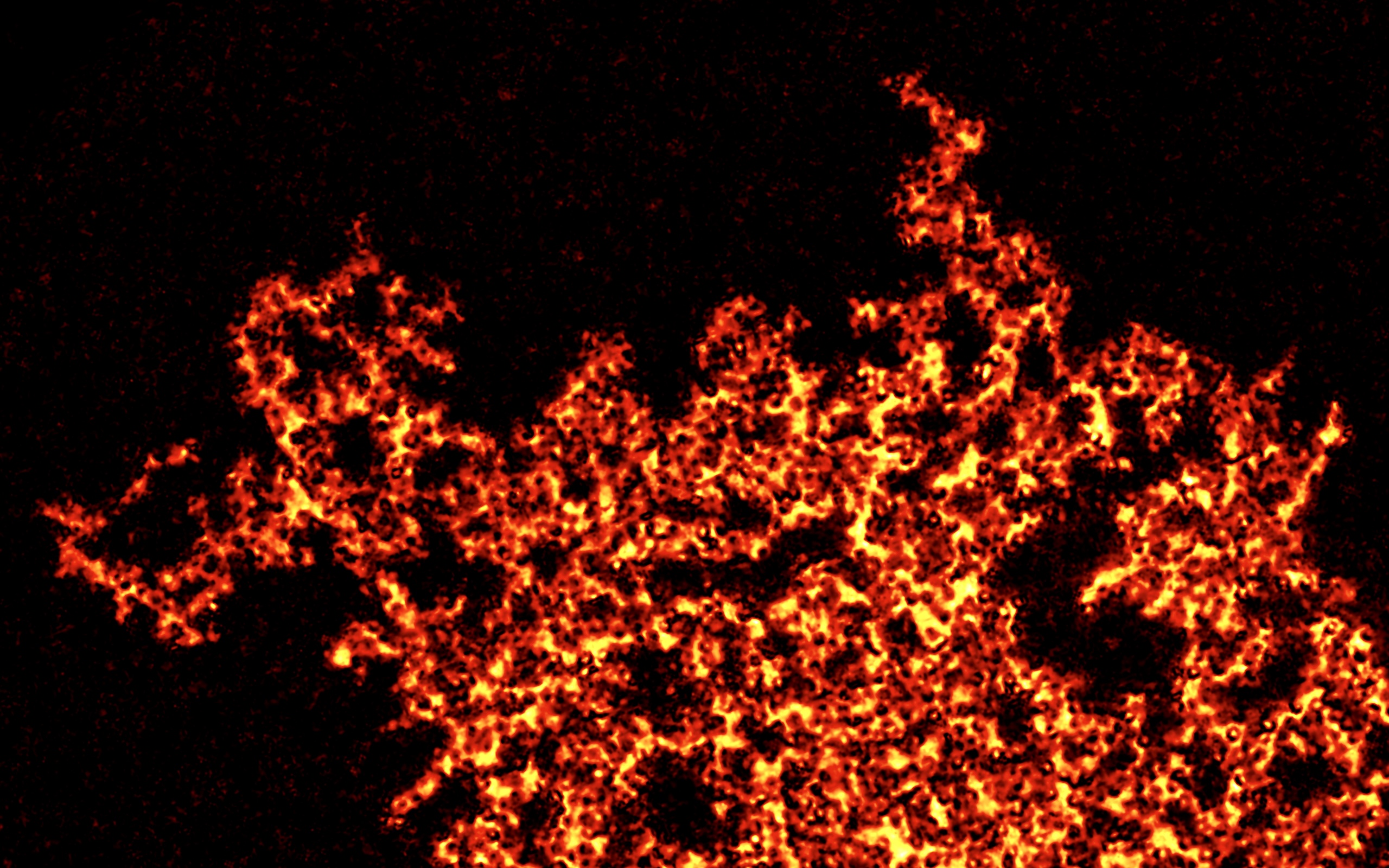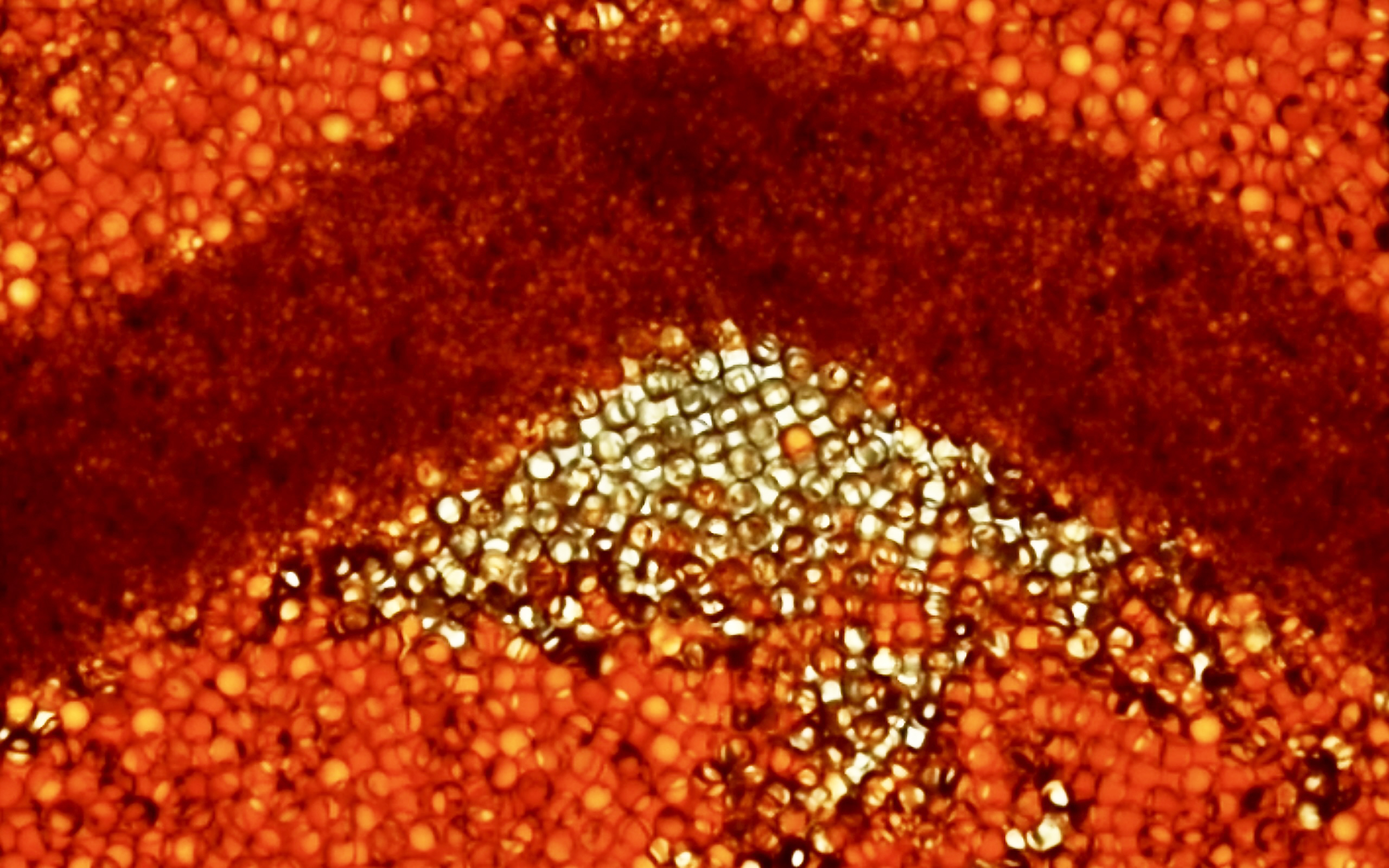Welcome to IEEF
The Institute for Energy and Environmental Flows (IEEF) is a physical sciences research institute at the University of Cambridge. Our interdisciplinary team includes academics, post-docs, PhD students, MPhil and Part III students from across university departments including Earth Sciences, Chemistry, Applied Mathematics and Theoretical Physics, Engineering, and Chemical Engineering.
Research
Research at IEEF spans a diverse range of topics, united by a shared motivation: to address real-world challenges and fundamental scientific knowledge gaps through rigorous academic enquiry.
We host a wide range of researchers at the institute, from undergraduate students to highly established professors, in a friendly atmosphere that fosters conversation and collaboration. We offer annual fully-funded PhD scholarships and are always interested to hear from researchers who would like to join us or to learn from us. If you are interested in working or studying at IEEF, please see our list of available roles and projects and contact us.
Recent Publications
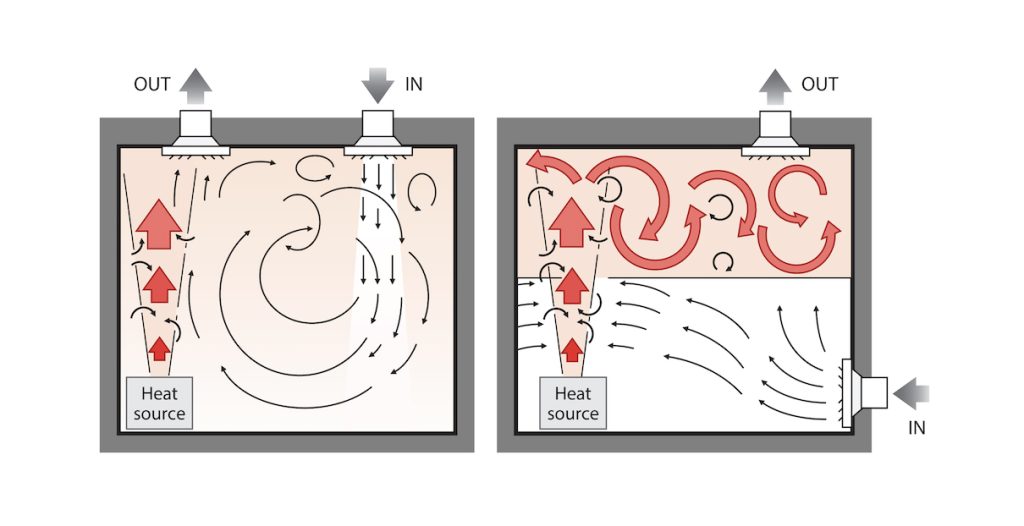
Fluid Mechanics for Green Buildings

Effects of permeability perturbations in porous media flow
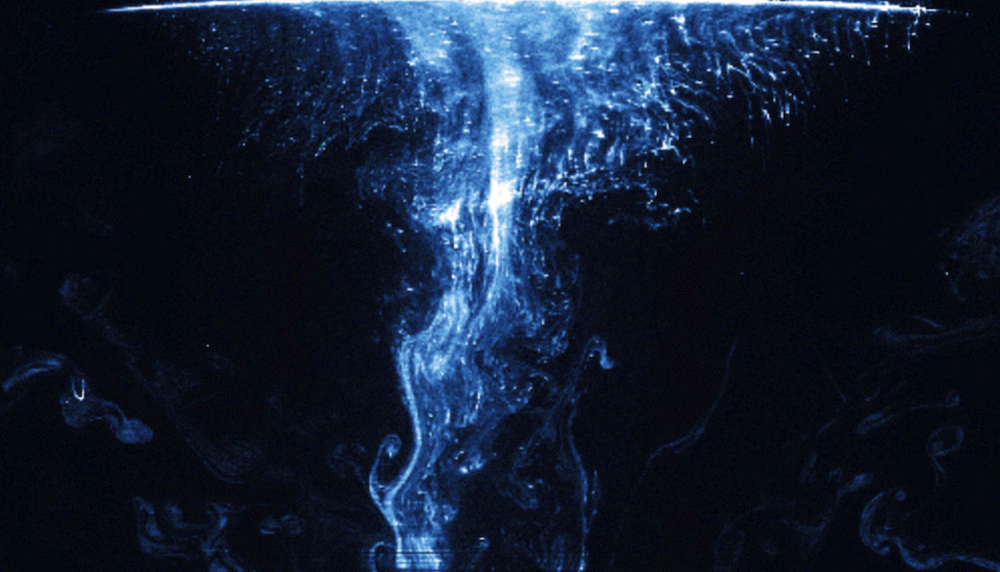
Plumes of settling and dissolving particles
Latest News

Two new PhD opportunities available, apply now
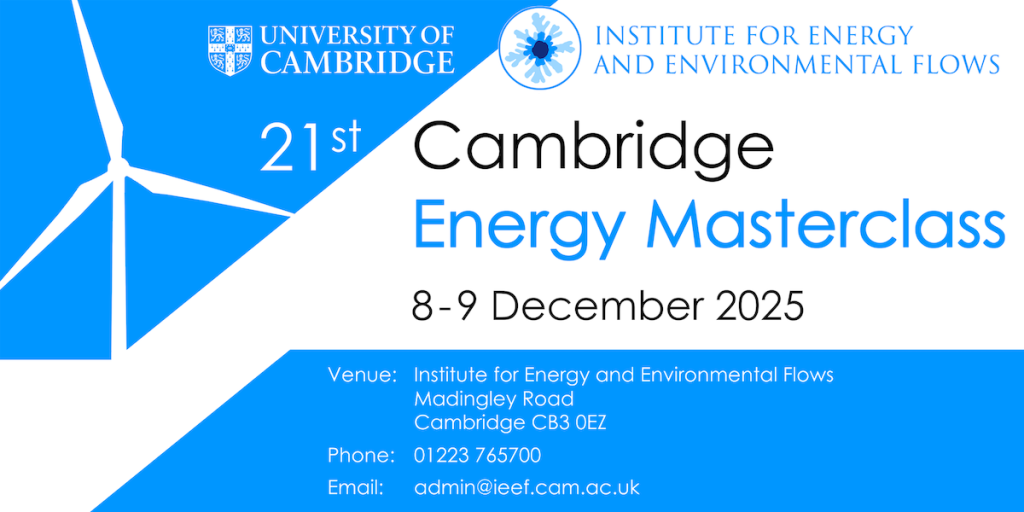
2025 Energy Masterclass

PhD student’s video shortlisted in international competition
Recent Seminars
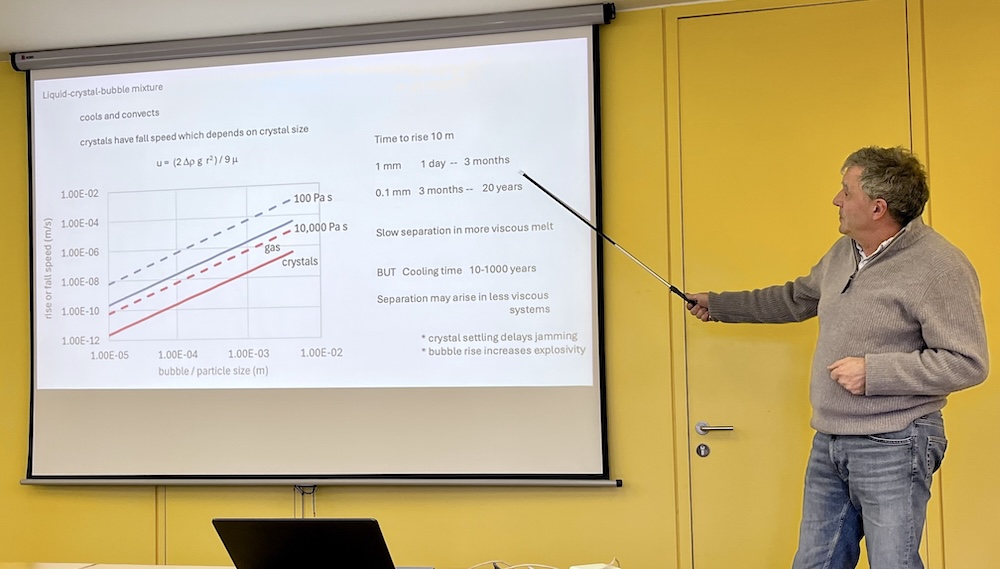
Multiphase flows in volcanic systems
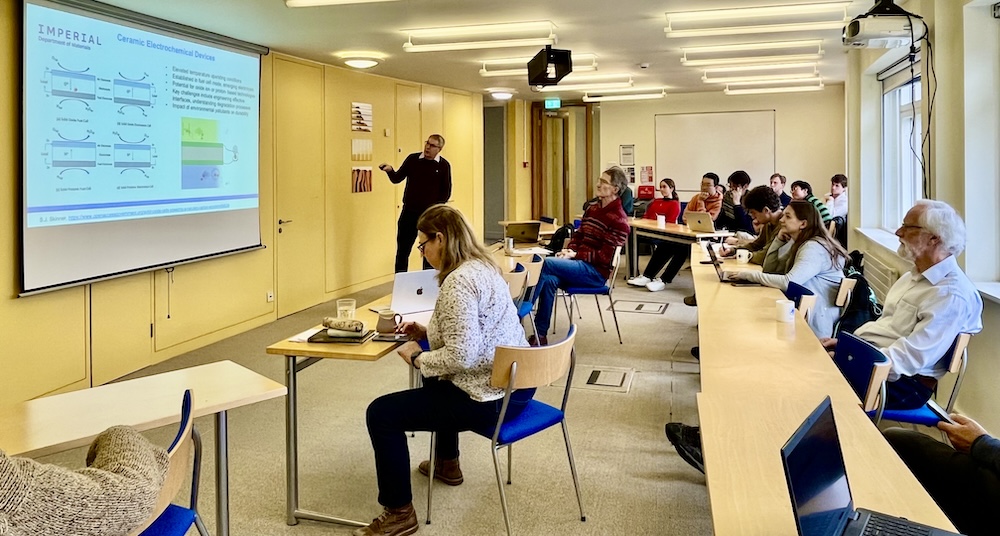
High-performance materials for hydrogen production
